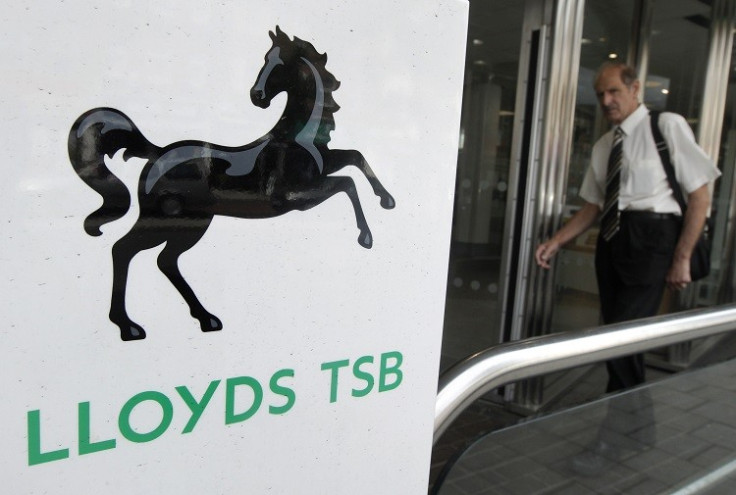Lloyds Banking Group Splits TSB Ahead of 2014 Flotation

Lloyds Banking Group has officially split TSB into a separate challenger bank as it hives off 631 branches ahead of a 2014 public flotation of the reformed retail institution.
The eventual sale of TSB is a condition of Lloyds Banking Group's bailout during the financial crisis, a plan agreed with the European Commission, which saw British taxpayers end up holding a 39% stake in the institution.
Originally Lloyds had planned to sell the branches to the Co-operative Bank, but a deal fell through when the latter suddenly pulled out amid issues around its capital position.
"This is a unique event. Lloyds Banking Group is increasing choice and competition in the market by launching one bank and revitalising another," said the Group Chief Executive António Horta-Osório.
"The presence of these two strong brands on the UK high street will provide more choice to our customers and the wider market. The changes reinforce our commitment to better serve our customers as well as delivering a stronger and more competitive banking industry in the UK."
TSB, which has roots dating back to the early 19<sup>th century but merged with Lloyds in 1995, will offer retail customers current accounts, mortgages, savings, loans, insurance and financial support for small firms. It will take on five million customers from Lloyds, though no account details will change.
Industry regulators and politicians are pushing for more small banks to emerge on the high street to increase competition in the retail banking market and therefore improve the system for consumers.
Many look nostalgically to banking of the past as a model for the future. They see a financial sector focused on building relationships with customers and where bank managers once again have face to face meetings with them.
They want to break the dominance of the big five institutions - Lloyds, HSBC, Barclays, RBS and Santander - who control over 80% of the retail market.
Having smaller institutions also reduces the risk to consumers in the event of a banking crisis, as well as limiting the cost to taxpayers of mopping up after those that fail.
© Copyright IBTimes 2025. All rights reserved.






















